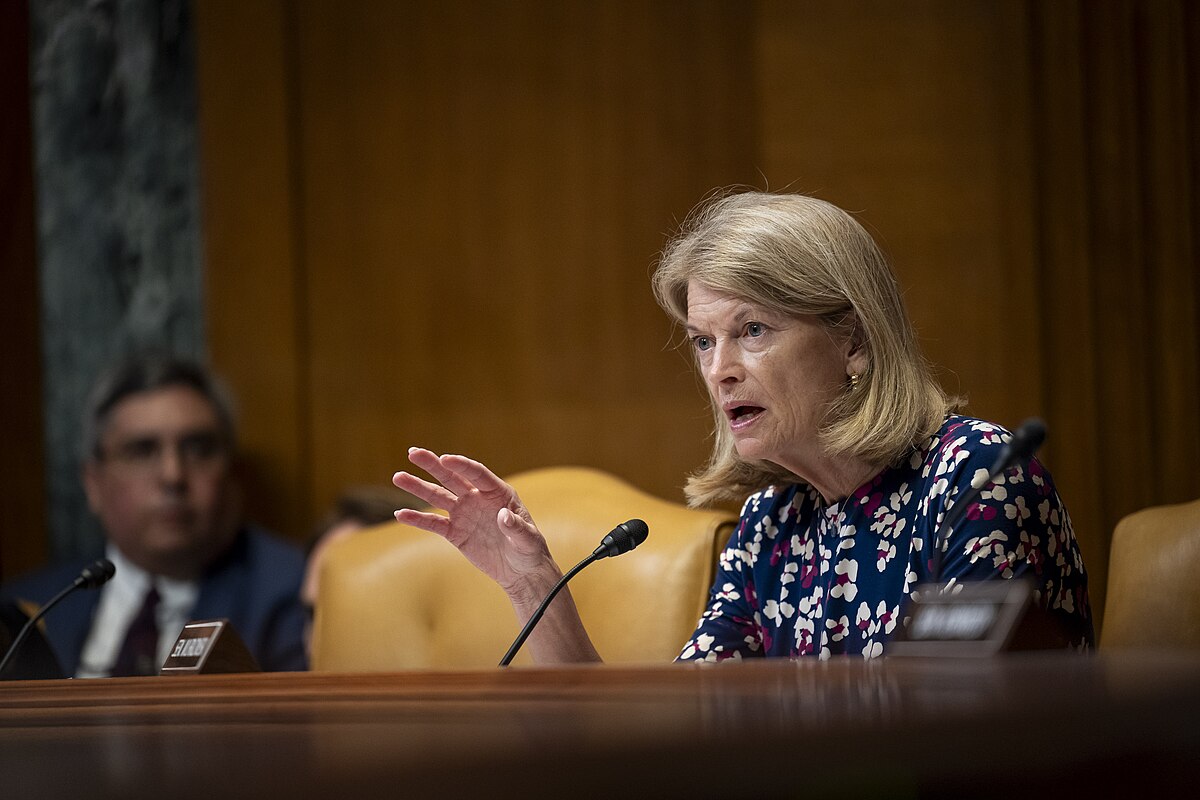GOP Aims To Reform Antiquities Act, Block Federal Land Grabs
House Republicans are working to reform the Antiquities Act to require congressional approval for new national monuments designated by the president before the end of their term. This comes as concerns grow that President Biden may designate millions of acres of public lands as monuments in his final months in office. The Antiquities Act, established in 1906, allows presidents to protect sites of Historical or scientific significance by designating them as national monuments without the need for congressional approval.
Republicans argue that this process of monument designation should involve input from local communities and elected officials, and that requiring congressional approval would ensure transparency and accountability in the decision-making process. They also believe that giving Congress a say in the designation of national monuments would prevent future presidents from abusing their authority to lock up large swaths of public lands.
Critics, however, argue that reforming the Antiquities Act would undermine the president’s ability to protect important cultural and natural resources in a timely manner. They argue that the Act has been instrumental in preserving iconic landscapes such as the Grand Canyon and the Statue of Liberty, and that requiring congressional approval would politicize the designation process and potentially delay the protection of threatened areas.
The debate over reforming the Antiquities Act reflects broader disagreements over the balance between conservation and economic development on public lands. While Republicans see the Act as a tool for federal overreach and restriction of land use, Democrats and environmentalists view it as a vital mechanism for safeguarding America’s natural and cultural heritage for future generations. As the Biden administration considers potential monument designations, the fate of the Antiquities Act and the future of public lands conservation remain hotly contested issues in American politics.
House Republicans are ramping up efforts to reform the Antiquities Act six months before the conclusion of the Biden administration, when many fear the retiring president will rope off millions more acres of public lands with monument protections on his way out of office.
On Tuesday, the Congressional Western Caucus held a forum to discuss the Congressional Oversight of the Antiquities Act, introduced by Rep. Mariannette Miller-Meeks last September. The bill requires congressional approval of new national monuments designated by the president within six months of the establishing order or the end of the incumbent congressional term.
“I don’t know what to expect,” Western Caucus Vice Chair Celeste Maloy, R-Utah, told The Federalist, but she added that new monument protections “do tend to happen at the end of Democrat administrations.”
Since the Antiquities Act became law in 1906, presidents have used their executive authority to bypass Congress in order to protect specific sites of cultural and historic significance. President Theodore Roosevelt was the first to use the power with the designation of roughly 1,300 acres surrounding Devil’s Tower in Wyoming as a protected monument. The century-old law, however, has been increasingly abused by far-left administrations eager to score cheap political points with their so-called environmentalist base, who demand large swaths of public land remain untouched.
In May, President Joe Biden expanded two national monuments in California by more than 120,000 acres, an area larger than that of the state’s Lassen Volcanic National Park. While a national park is a large area protected by an act of Congress, land with a “national monument” status is supposed to protect a “specific natural, cultural or historic feature.” The 1906 law, however, requires the area preserved be “the smallest area compatible with the proper care and management of the objects to be protected.”
Lawmakers on Tuesday heard from a panel of three witnesses who testified about responsible land management interrupted by colossal new monuments that violate the “smallest area compatible” mandate embedded in the 1906 legislation. Megan Jenkins of the Pacific Legal Foundation told lawmakers “90 percent of all acres designated” under the law “were set aside since the year 2000.”
“In many cases, they are as large or larger than U.S. states,” she added.
In her Tuesday testimony, Jenkins highlighted the land area covered by President Biden’s reinstatement of the Obama-era boundaries of the Bears Ears National Monument in southern Utah. Biden promptly reversed his Republican predecessor’s decision to trim Bears Ears and the nearby Grand Staircase-Escalante National Monument in Utah to the “smallest area compatible” with preservation during the first year of the new administration. Together, the two monuments cover more than 3 million acres, or an area larger than Yellowstone National Park.
The radical use of the Antiquities Act to establish quasi-national parks, Rep. Maloy (whose district includes Grand Staircase-Escalante in southern Utah) told The Federalist, demonstrates that presidents “can’t be trusted with that kind of power.”
“What these maps don’t show are the real people who are affected by national monument designations,” Jenkins said, sharing the story of a ranching family in Arizona whose access to public lands for cattle grazing was jeopardized by President Biden’s protection of nearly 1 million acres under Ancestral Footprints of the Grand Canyon National Monument last summer. The Pacific Legal Foundation is now suing the administration on behalf of the Heaton family, which has been ranching on both public and private land for six generations.
“I’m going to tell you all the truth,” said southern Utah’s Garfield County Commissioner Leland Pollock at the forum. “The truth is the Antiquities Act has been weaponized, and the other side better wake up sometime and realize whatever they can do to us, we can do to them.”
Pollock went on to outline the myriad public-land failures that have resulted from far-left efforts to leave lands unmanaged in the name of conservation.
“If they’re the true environmentalists, how come they destroy everything they try to protect?” Pollock said, citing, for example, the proliferation of massive forest fires in the aftermath of the logging industry’s destruction. Sustainable timber harvesting clears forests of excess wood fuels now piling up in the nation’s forests as massive tinderboxes waiting to go up in flames.
Environmental policymakers are now also confronting the consequences of blaming the timber industry twenty years ago for the decline in spotted owl populations across the Pacific Northwest, rather than a rival bird. Earlier this month, federal officials revealed plans to kill nearly half a million barred owls found to be encroaching on the spotted owls’ territory.
“It’s so unnecessary what they did to the logging industry,” Trump’s Director for the Bureau of Land Management William Perry Pendley told The Federalist. “A few years ago, these experts were saying, ‘It’s logging.’ … Nobody was saying, ‘Maybe it was logging,’ or ‘Maybe it was the barred owl.’ Now they’re saying, ‘Oh sorry, my bad.’”
Tristan Justice is the western correspondent for The Federalist and the author of Social Justice Redux, a conservative newsletter on culture, health, and wellness. He has also written for The Washington Examiner and The Daily Signal. His work has also been featured in Real Clear Politics and Fox News. Tristan graduated from George Washington University where he majored in political science and minored in journalism. Follow him on Twitter at @JusticeTristan or contact him at [email protected]. Sign up for Tristan’s email newsletter here.
" Conservative News Daily does not always share or support the views and opinions expressed here; they are just those of the writer."





Now loading...